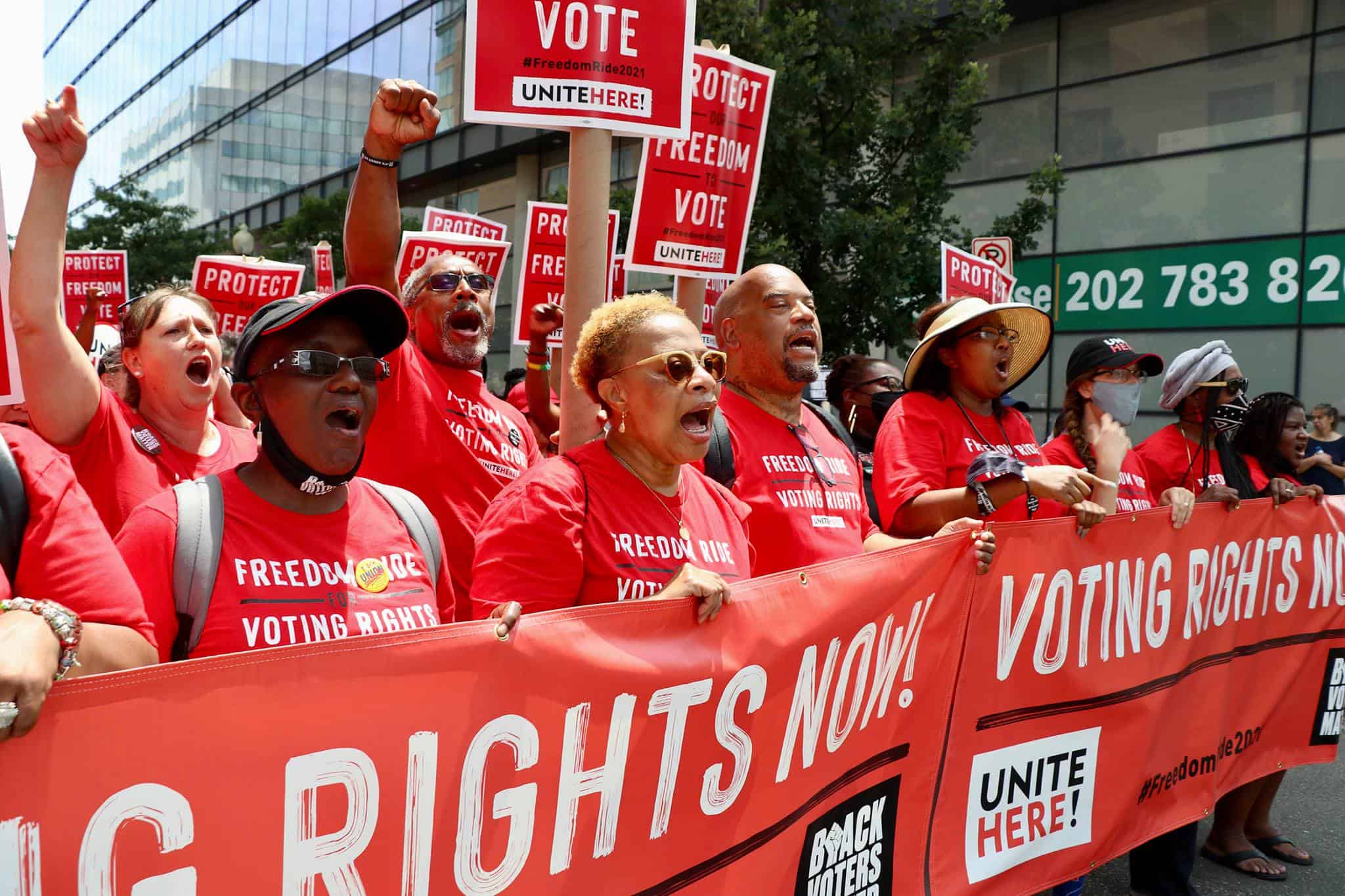Hannah Finnie is a writer in Washington, D.C. interested in the intersections of work and culture. She is a graduate of Harvard Law School.
A new study from Unite Here, a union that represents hotel workers, found that hotels’ plans to eliminate daily housekeeping services and make them opt-in only will have a profound effect on hotel housekeepers. The study found that if hotels do switch to opt-in daily housekeeping, 39% of U.S. housekeeping jobs could be eliminated. Many hotels have proposed or have switched away from automatic daily housekeeping in favor of requiring guests to opt in to daily housekeeping as a cost-cutting measure during the COVID-19 crisis, when travel and hotel traffic were greatly reduced. However, Unite Here’s study says that this measure will have a devastating effect on housekeepers, who are predominantly women of color. According to the report: “The end of daily room cleaning in U.S. hotels would eliminate as many as 180,000 jobs held primarily by women of color and create more difficult workloads for housekeepers left to clean dirty rooms after days without disinfection. It would fundamentally change the experience of traveling and cut housekeepers out of the recovery, exacerbating income, racial, and gender inequality.” Housekeepers who spoke to The Guardian about this issue emphasized the increased physical toll of cleaning dirtier rooms less frequently — instead of being able to easily clean up a days’ mess, they now must scrub harder and use harsher (and potentially less safe) cleaning products to get the room tidy.
In other hotel news, laid-off union workers at the Boston Copley Marriott Hotel are continuing their boycott of the hotel, which they say fired them because of the pandemic but should agree to hire them back once the hotel industry bounces back. Unite Here 26, which is involved with the boycott, has suggested that the hotel’s decision to fire its unionized workers was done “under the guise of the pandemic” and that the goal is to get every hotel worker back to work. The boycott began in April and continued this week with a protest outside of the hotel.
Finally, on Wednesday Eric Adams was projected to win the New York City democratic nomination for mayor, which is seen as almost certainly guaranteeing him the actual race given the high proportion of Democratic voters in New York City. Adams had won a significant number of endorsements from unions, and was part of the Patrolmen’s Benevolent Association, a police union, when he was a police officer. Adams has since said he would not accept the endorsement of the PBA, as it had endorsed Trump.






Daily News & Commentary
Start your day with our roundup of the latest labor developments. See all
December 12
OH vetoes bill weakening child labor protections; UT repeals public-sector bargaining ban; SCOTUS takes up case on post-arbitration award jurisdiction
December 11
House forces a vote on the “Protect America’s Workforce Act;” arguments on Trump’s executive order nullifying collective bargaining rights; and Penn State file a petition to form a union.
December 8
Private payrolls fall; NYC Council overrides mayoral veto on pay data; workers sue Starbucks.
December 7
Philadelphia transit workers indicate that a strike is imminent; a federal judge temporarily blocks State Department layoffs; and Virginia lawmakers consider legislation to repeal the state’s “right to work” law.
December 5
Netflix set to acquire Warner Bros., Gen Z men are the most pro-union generation in history, and lawmakers introduce the “No Robot Bosses Act.”
December 4
Unionized journalists win arbitration concerning AI, Starbucks challenges two NLRB rulings in the Fifth Circuit, and Philadelphia transit workers resume contract negotiations.